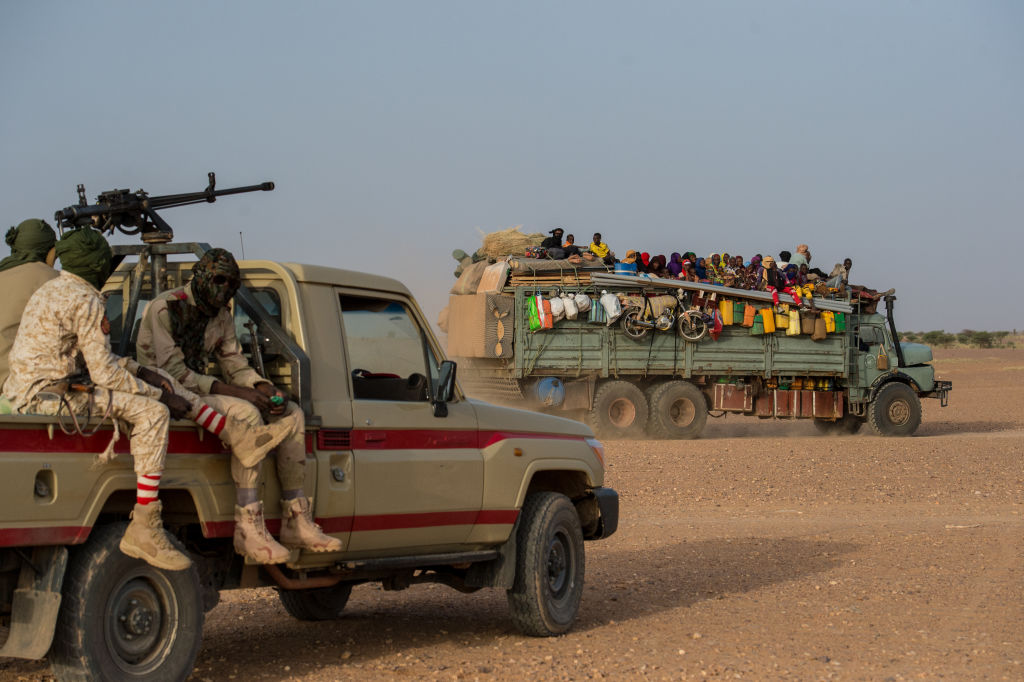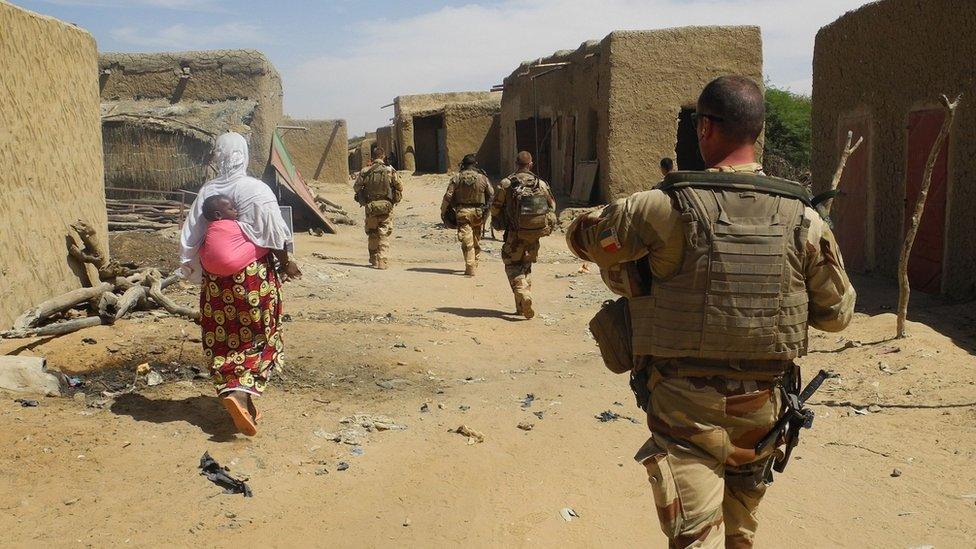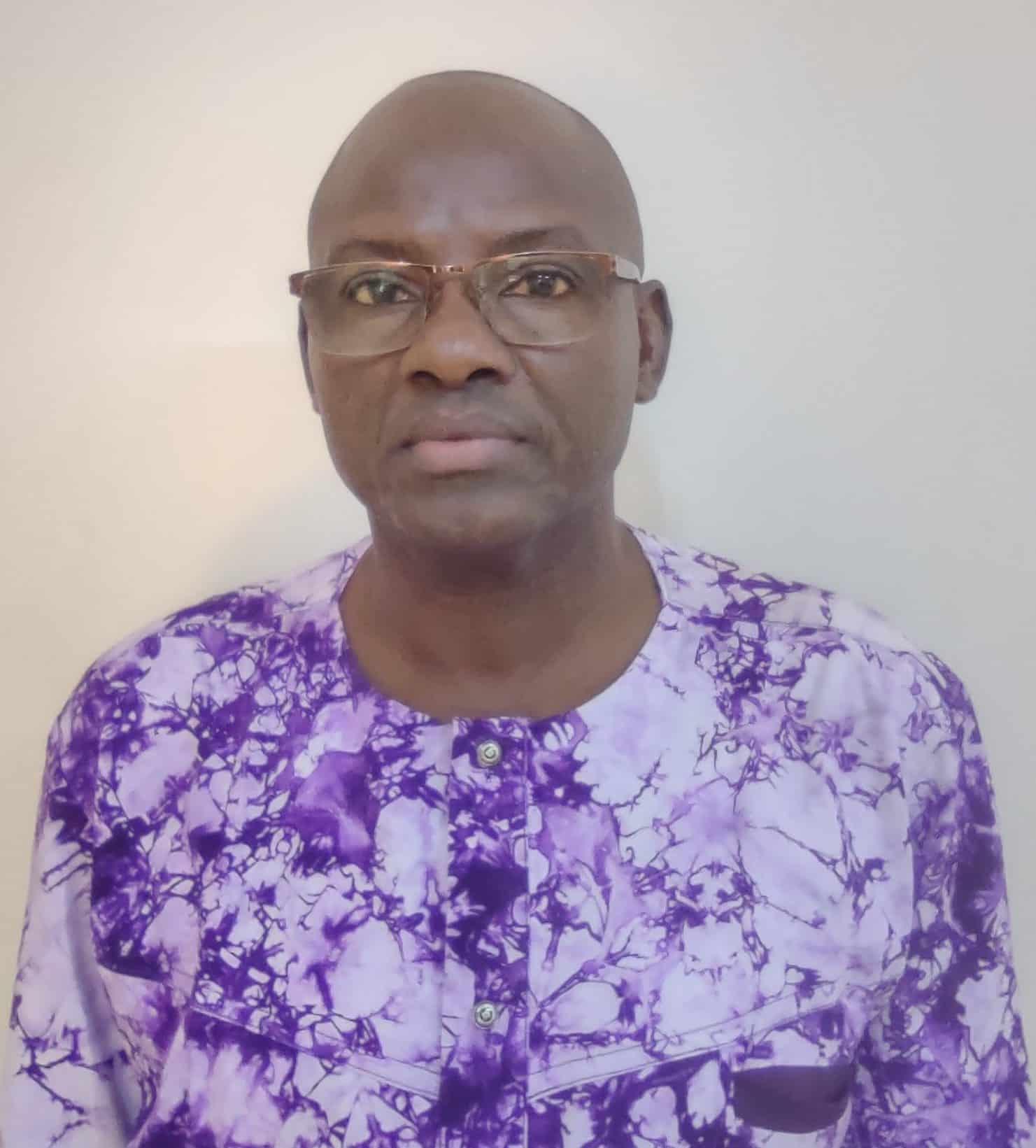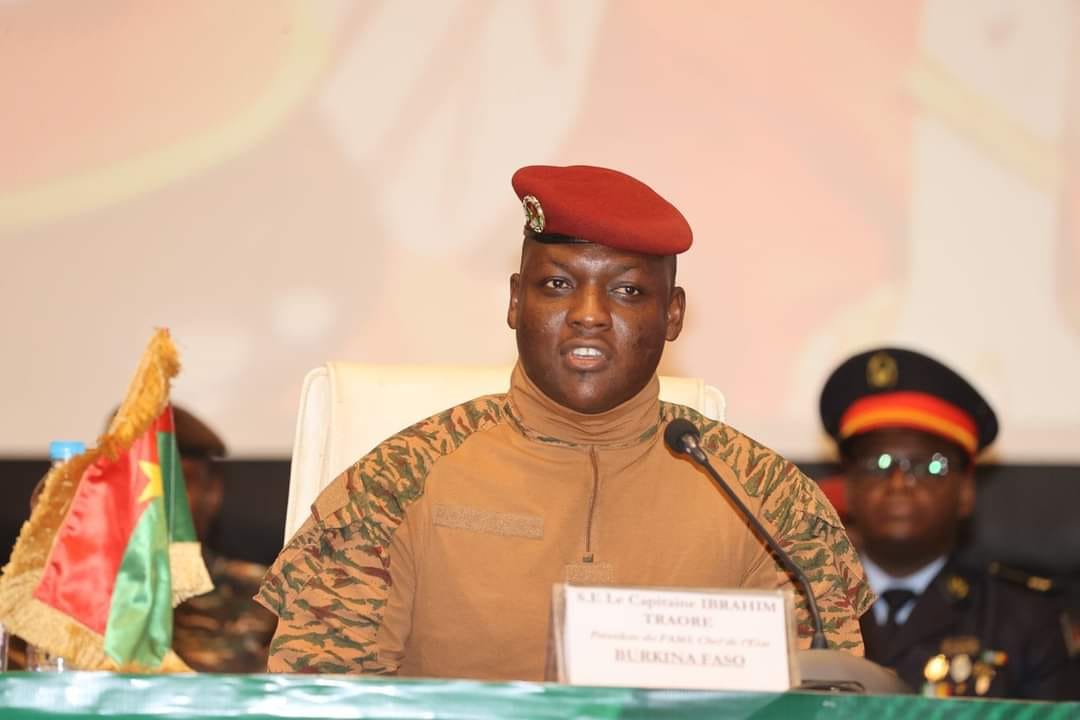General
Exclusive: How misunderstanding with countries like France is worsening insecurity in West Africa
The relationship between France and most of West Africa, particularly the nations that comprise the Alliance of Sahel States , Mali, Burkina Faso, and Niger, has changed dramatically in recent years. France's relationship with Mali, Burkina Faso, and Niger has shifted significantly with these nat...
Business Insider Africa
published: Jul 18, 2025


The relationship between France and most of West Africa, particularly the nations that comprise the Alliance of Sahel States (AES), Mali, Burkina Faso, and Niger, has changed dramatically in recent years.
- France's relationship with Mali, Burkina Faso, and Niger has shifted significantly with these nations moving away from French support towards other allies.
- French military operations over the years, despite initial acceptance, faced criticism over perceived inefficacy and alleged neocolonial motives.
- Political instability, including military coups between 2020 and 2023, further strained ties between France and the Sahel nations.
Formerly seen as key partners in the war against terrorism in the Sahel, these nations have grown more distant from their former colonial power, opting instead to chart a new course that challenges decades of French military and political dominance in the region.
This subject was highlighted by Christophe Ouatarra, Regional Director for East Africa, World Neighbors, during an exclusive with Business Insider Africa.
Following the emergence of Islamist insurgencies in the Sahel in the 2010s, France established itself as a crucial security partner for its former colonies.
Military actions such as Operation Serval in Mali (2013) and Operation Barkhane (2014–2022) were conducted to combat terrorism and stabilize the area.

Although initially welcomed by Sahelian administrations, these missions ultimately lost popularity due to their poor efficacy in quelling violence and rising views of neocolonial intervention.
Between 2020 and 2023, the Mali, Niger and Burkina Faso, saw a succession of military coups as a result of mounting unrest.
In each case, the new military governments showed great mistrust about French motivations and began to shift their focus to other global allies, including Russia, Turkey and China.
The junta governments accused France of prolonging the turmoil to legitimize its stay and plunder the region's resources, and thus buttressed resentment, which led to the Sahel countries expelling France’s military from their borders.
Christophe Ouatarra take on rural development in the Sahel region in the face of insecurity
Christophe Ouatarra spoke about the insecurity in the region and how it affects rural development.
He asserted that what is going on in the region could pass as a full-scale war, as opposed to a security challenge.

“The difference is that we are in a war. War is very expensive, so that means that the three countries, instead of financing development aspect, they have to finance the war,” he said when asked what the difference between the state of rural development is between AES countries and other West African countries.
DON'T MISS THIS: Love, loyalty, and responsibility: Why Nigerians in diaspora send billions home each year
“The war is very expensive; they have to buy weapons and other logistics,” he added.
When asked about the progress of rural development in spite of what he had described as a war, he noted that there has been some progress in the last year.
“We are working with communities, and provided they let them cultivate their farms, there are good opportunities,” he stated.
“An example is Burkina Faso. Last year, the government bought tractors and fertilizers and deployed the land for farmers for free, and in one year, we noticed an increase in the crop yield, 80% compared to the previous year, and the increase of 21% compared to the 5% last year,” he explained.
When asked about how international relationships key into the issue of security, Christophe Ouatarra noted that a lack of understanding from foreign parties has exacerbated a problem that can be handled.
He specifically alluded to how some countries have hindered the ability of countries in the Sahel to defend themselves by denying said countries access to arms.
“The problem is to understand what people are facing in the region, not what people are saying about the region. If others can understand our problem without lies, that would help us a lot,” he said.
“For example, when terrorists were attacking the three nations, they (AES countries) wanted to buy arms to defend the population, but at the international level, they were blocked,” Christophe Ouatarra stated.
SEE ALSO: Junta-led Burkina Faso to nationalise more industrial mines
He went on to elaborate on the issue, explaining;
“The governments wanted to buy weapons in order to protect the population, but at the international level, there was a breakdown, which means we are not understanding the problem in the same way.
When asked for examples of countries that don't understand what the AES region is going through, Do Outarra stated;
"I think you may have heard this in the media, even our president said that they ordered weapons and France blocked it, this is not a secret, it's well known in the media, our authorities are always talking about that.”
The interview concluded with his thoughts on the growing popularity of Ibrahim Traore, the current Junta leader of Burkina Faso and in his opinion, Ibrahim Traore is loved because he seems like a leader that cares.

“What I can say is that the population really wants someone who cares for them, who is here to solve the problem, when they know you are here, not for your own interest, but for the well-being of the whole population, they will support you,” he stated.
“I think what he is doing, instead of doing political things, looking for his own interest, no, he is working for the whole population,” he concluded.
Read More